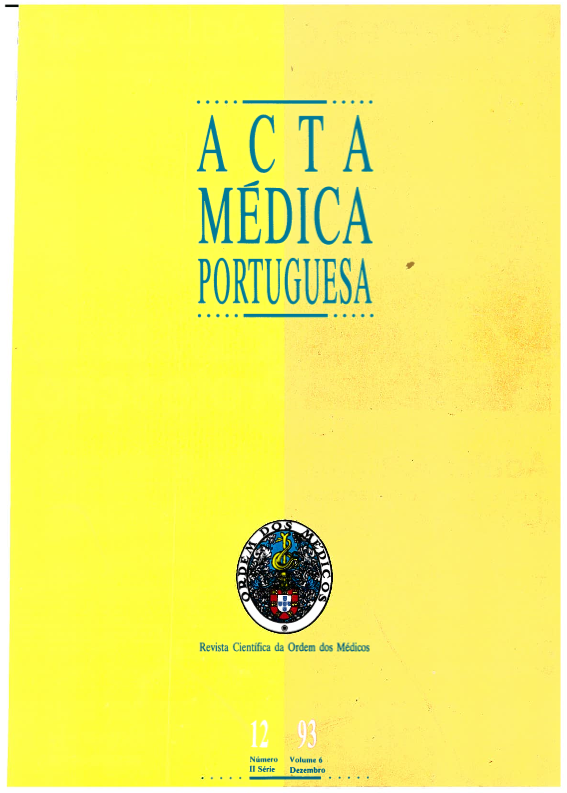Gastric neoplasm associated with IgA deficiency. Importance of multidisciplinary care.
DOI:
https://doi.org/10.20344/amp.3168Abstract
We present the case of 55-year old female patient with a rare malignant disease of the stomach associated with IgA deficiency. For its management the surgical, transfusional and renal support strategy required good coordination of pre, intra and post-operative care, and good articulation among the various sub-specialties. The patient experienced two severe anaphylactoid transfunctional reactions. Congenital IgA deficiency was detected with probable anti-IgA immunization associated with a metacrone adenocarcinoma of the stomach and nephrotic syndrome with renal failure. The transfusion methods utilized are discussed, and the results of the study aimed at detecting a compatible donor, with identical deficit, among family members are presented. In the absence of a national registry of donors with IgA deficiency, the prevention of these potentially dangerous reactions imposes a burden on the Service of Immuno-Hematherapy to take special measures on its own. This case points out the need to implement a blood bank with rare groups and IgA deficient blood, for homo/autologous transfusions.Downloads
Downloads
How to Cite
Issue
Section
License
All the articles published in the AMP are open access and comply with the requirements of funding agencies or academic institutions. The AMP is governed by the terms of the Creative Commons ‘Attribution – Non-Commercial Use - (CC-BY-NC)’ license, regarding the use by third parties.
It is the author’s responsibility to obtain approval for the reproduction of figures, tables, etc. from other publications.
Upon acceptance of an article for publication, the authors will be asked to complete the ICMJE “Copyright Liability and Copyright Sharing Statement “(http://www.actamedicaportuguesa.com/info/AMP-NormasPublicacao.pdf) and the “Declaration of Potential Conflicts of Interest” (http:// www.icmje.org/conflicts-of-interest). An e-mail will be sent to the corresponding author to acknowledge receipt of the manuscript.
After publication, the authors are authorised to make their articles available in repositories of their institutions of origin, as long as they always mention where they were published and according to the Creative Commons license.









